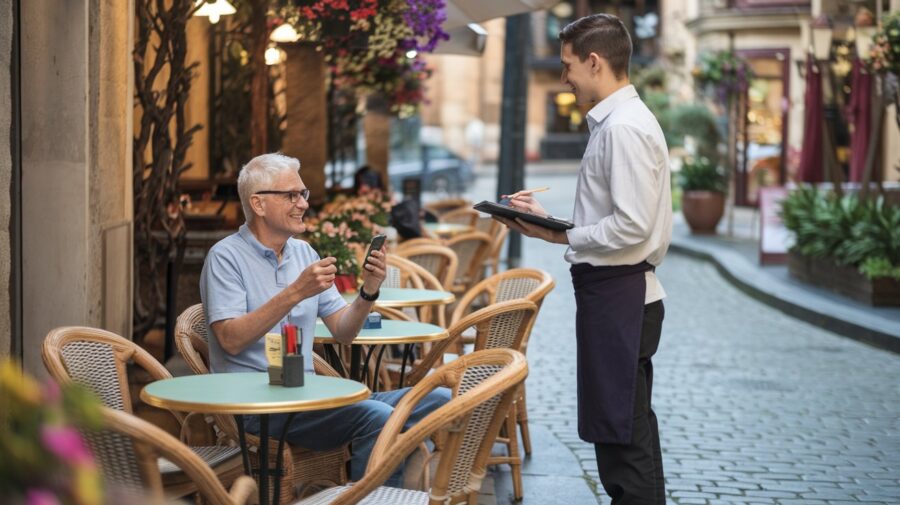Planning a trip to a foreign country often brings up the question: should you learn the local language before traveling? While the answer depends on your destination, travel goals, and personal preferences, there are compelling arguments both for and against learning the language before you go. Let’s explore these perspectives to help you decide what’s best for your next adventure.
The Pros of Learning the Language Before Traveling
1. Enhanced Travel Experience
Learning the local language before you travel allows for deeper cultural immersion. You can navigate your surroundings more easily, understand signs and menus, and engage in meaningful conversations with locals. This added layer of connection can make your travel experience richer and more rewarding.
2. Cultural Respect
Making an effort to learn even a few phrases of the language before traveling shows respect for the culture you’re visiting. Simple greetings like “hello” or “thank you” can go a long way in building rapport and earning goodwill from locals.
3. Practical Benefits
From ordering food to asking for directions, taking the time to learn the language before traveling can save you time and reduce frustration. It’s especially helpful in emergencies or when visiting areas where English is less commonly spoken.
The Cons of Learning the Language Before Traveling
1. Time-Consuming
Learning a new language, even at a basic level, requires time and effort. If your trip is planned on short notice, you might not have the time to study.
2. Not Always Necessary
In many tourist-heavy areas, locals often speak English or another widely spoken language. Translation apps and guides can help you get by without extensive language skills.
3. Technology Bridges the Gap
Modern tools like Google Translate and language apps make it easier than ever to communicate without knowing the local language. These can often suffice for short trips or basic interactions.
Cultural Respect and Connection
Even if you don’t plan to become fluent, committing to learn a few key phrases of the language before traveling can significantly enhance your trip. Imagine walking into a small café, greeting the staff in their language, and seeing their smiles of appreciation. Efforts like these show respect and curiosity, qualities that travelers should embody.
Alternatives to Learning the Language Before Traveling
If learning the language isn’t feasible, there are plenty of resources to help you navigate:
- Translation Apps: Tools like Google Translate and iTranslate offer real-time translations for text, speech, and images.
- Phrasebooks: A pocket-sized phrasebook can be a lifesaver for essential communication.
- Guided Tours: Joining a tour led by a local guide can provide insights and eliminate language barriers.
Tailored Advice Based on Destination
Your destination plays a significant role in deciding whether to learn the language. In rural areas or regions with limited English speakers, knowing some basics is more critical. Conversely, in metropolitan hubs where English is widely understood, learning the language may be less necessary.
Is it Harder for Seniors to Learn a Foreign Language?
Practical Language Tips for Travelers
If you decide to learn some basics, focus on these essential phrases:
- Greetings: “Hello,” “Goodbye”
- Polite expressions: “Please,” “Thank you,” “Excuse me”
- Navigational questions: “Where is…?” “How much?”
- Emergency phrases: “Help,” “I need a doctor,” “I’m lost”
Apps like Duolingo or Babbel can help you learn these quickly and in a fun, interactive way.
Language Learning as a Travel Goal
For some, learning a new language can be a rewarding challenge and a way to enrich their travel experience. If your trip is months away, consider using it as motivation to dive into the basics or even pursue conversational fluency. The journey of learning itself can become part of your adventure.
Balancing Effort and Convenience
Ultimately, the decision to learn the language comes down to balance. A few key phrases can enhance your experience without requiring a major time commitment. For everything else, technology and a smile can often bridge the gap.
What’s your take on learning the language before traveling? Share your thoughts and experiences in the comments below!






















